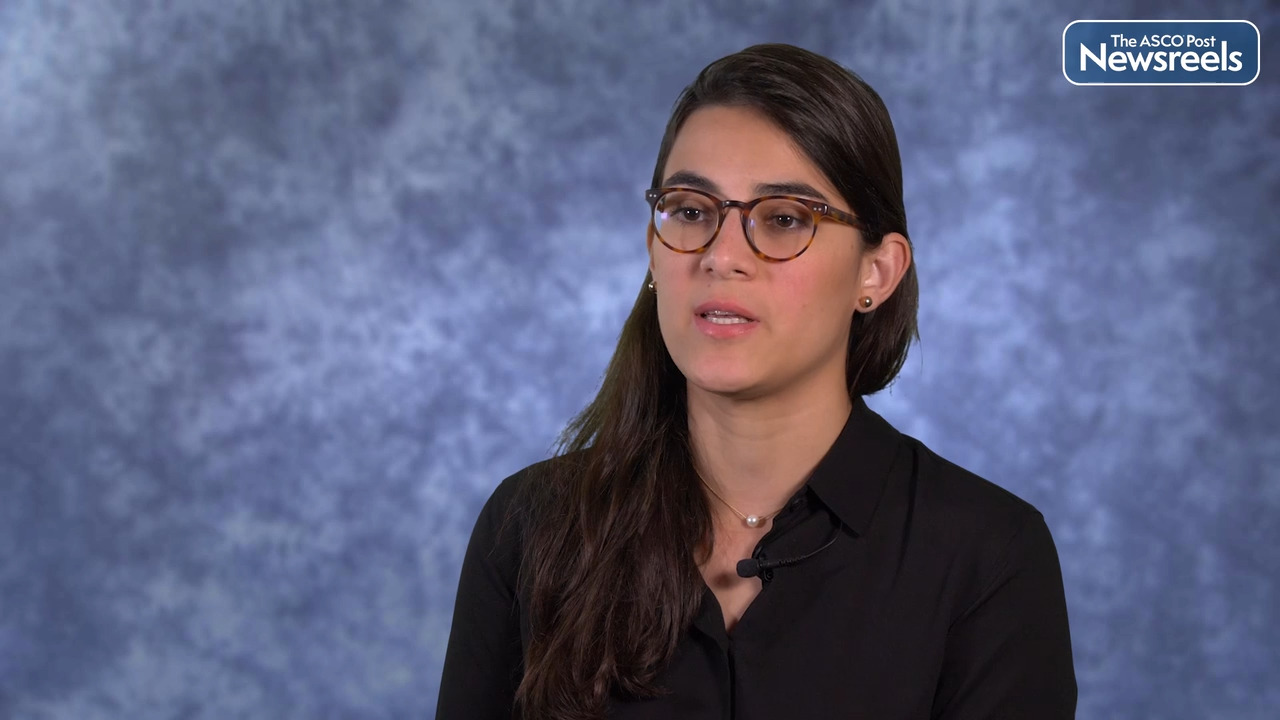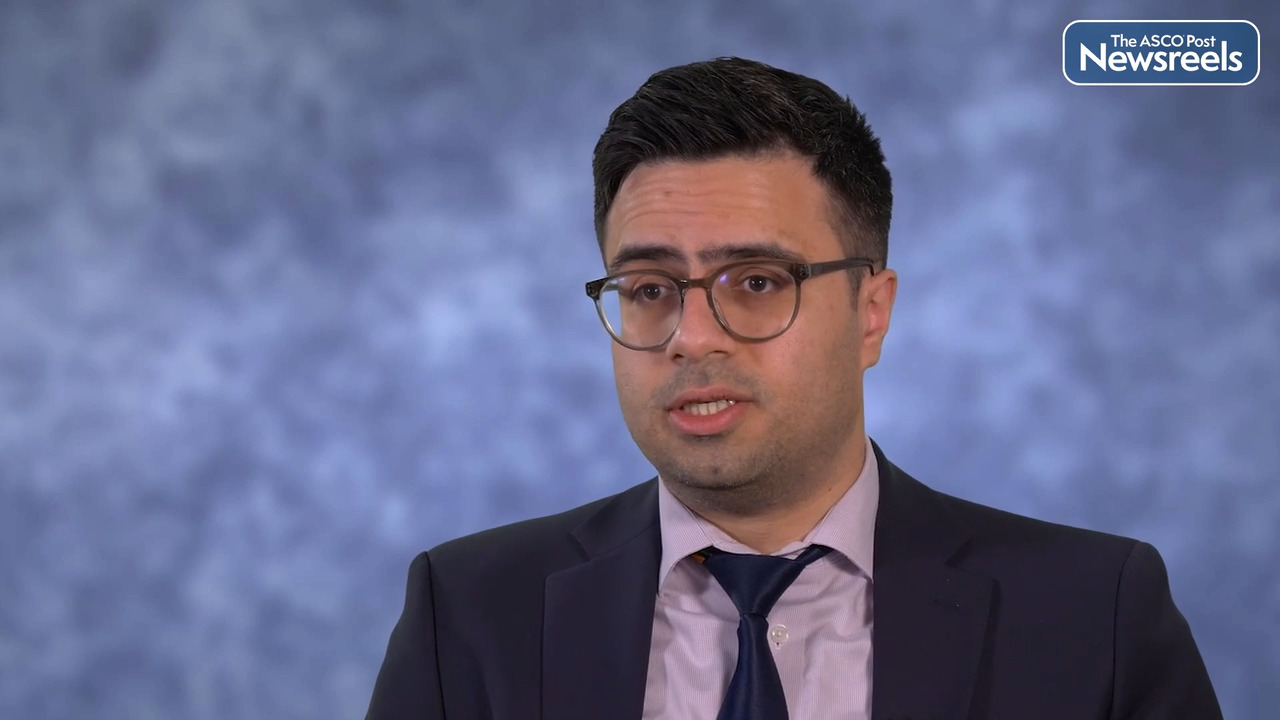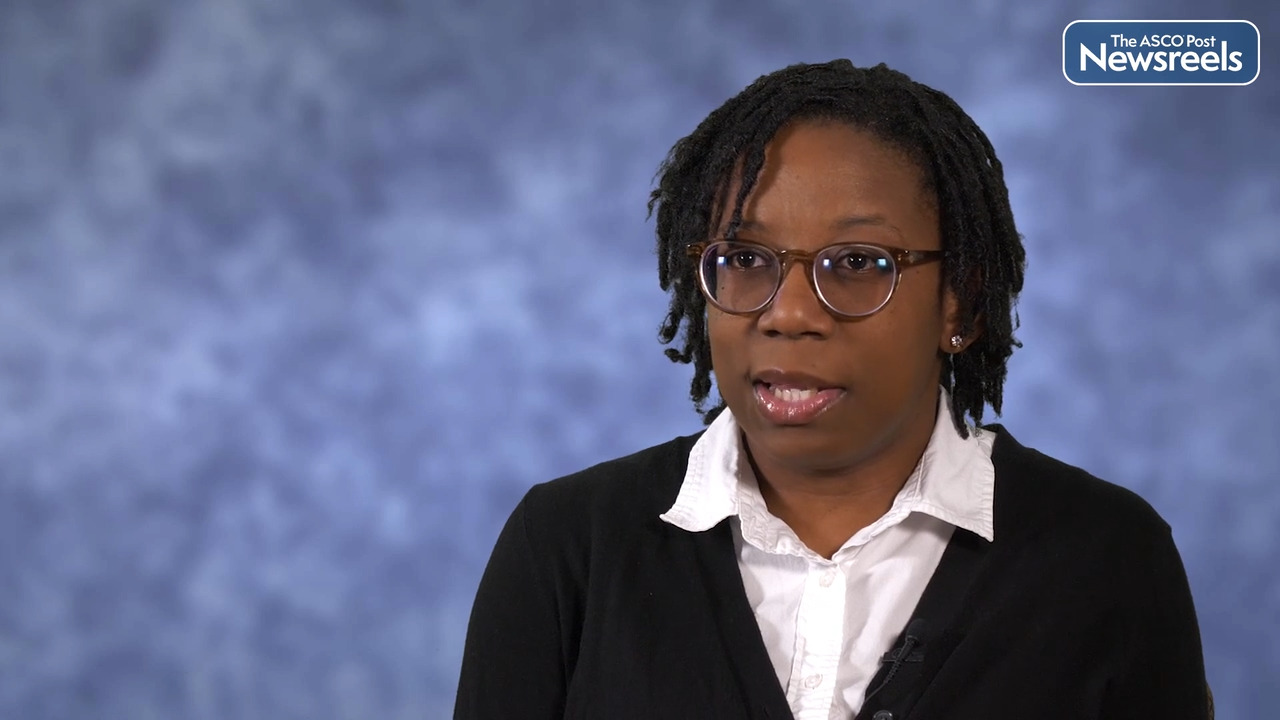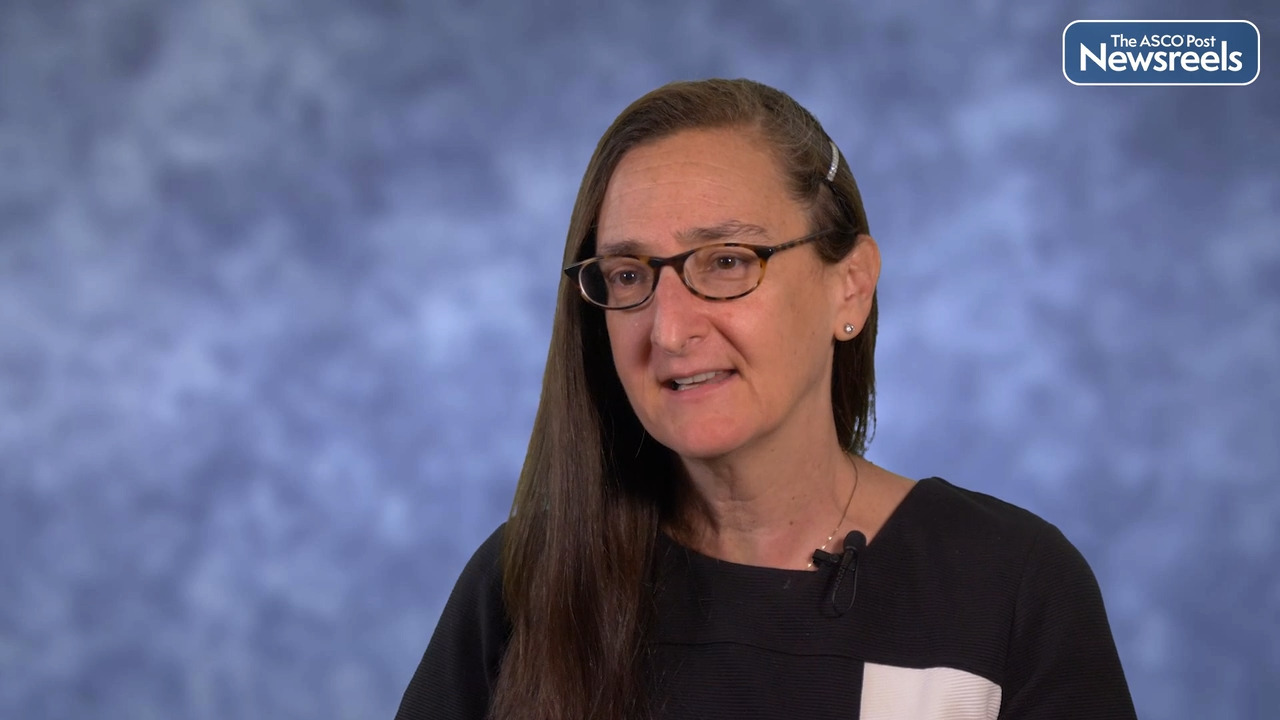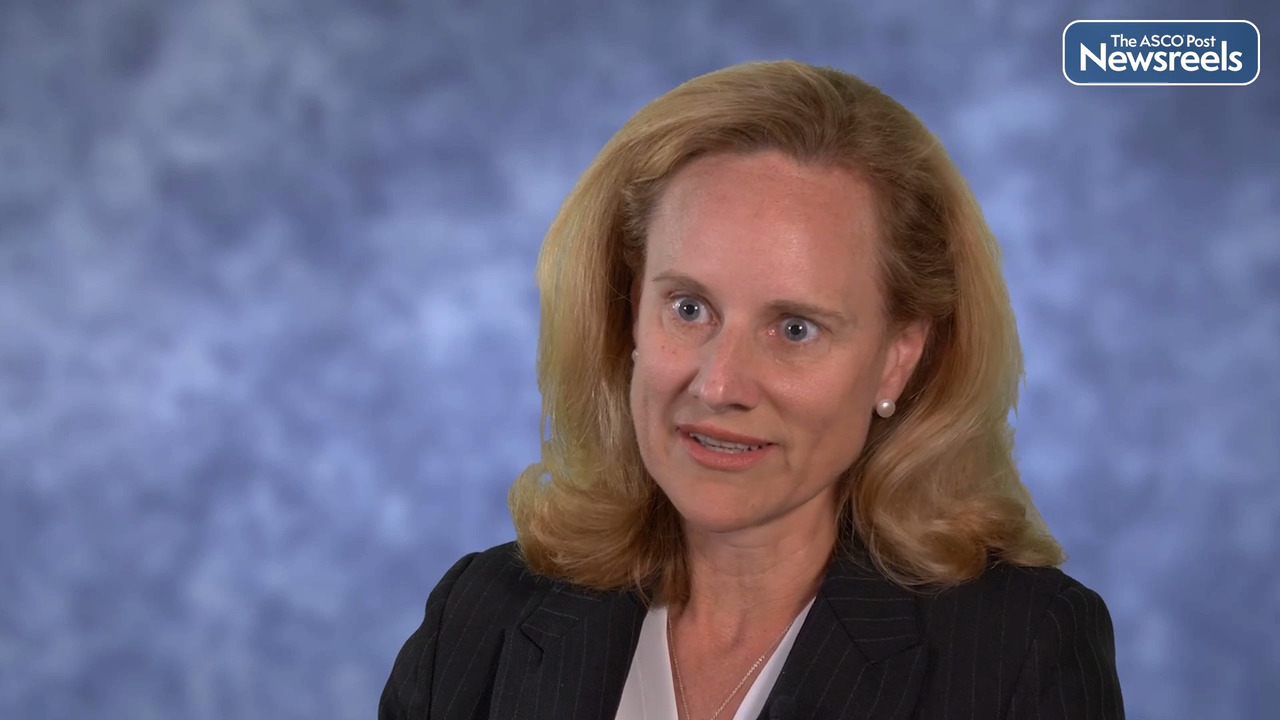Transcript
Disclaimer: This video transcript has not been proofread or edited and may contain errors.
Palliative care is a guideline based practice for cancer patients with advanced stage. However, the utilization has been low in the United States. In this study, we try to answer this study question whether Medicaid expansion, a major component of the Affordable Care Act, expanding Medicaid eligibility to every adult younger than 65 years with a family income up to 138% Federal poverty level was associated with the receipt of palliative care among cancer patients newly diagnosed with stage IV cancers. To answer this study question, we use the National Cancer Database, a nationwide hospital based cancer registry, capturing 70% of all new cancer cases in the US each year. We identify that our study sample of over 685,000 patients, aged 18 to 64 years, newly diagnosed with first primary stage IV cancers in 2010 through 2019 in 50 states from NCDB.
We used a difference in differences approach comparing the changes in receipt of palliative care pre and post ACA in Medicaid expansion states. With the changes in non-expansion states, this indicating a net change associated with Medicaid expansion. Our results show that during the past decade, receipt of palliative care among stage IV cancer patients as part of their first line therapy had increased nationwide. However, the increase was greater in Medicaid expansion states. Specifically, the percent of the stage IV cancer patients who received the palliative care increased from 17% pre ACA to 18.9% post ACA in Medicaid expansion states, and increased from 15.7% to 16.7% in non-expansion states, translating to a net increase of 1.4 percentage points associated with Medicaid expansion.
When we stratified by cancer type, we found that the increase was the strongest among the cancers of the lung, colorectal, oral cavity and the [inaudible 00:02:41], Non-Hodgkin's lymphoma, pancreas, and breast cancer among women. These are the most prevalent cancer types at stage IV, and often with a significant symptom burden. In summary, we found that Medicaid expansion was associated with increased receipt of palliative care among patients newly diagnosed with stage IV cancers, although the overall usage remained low. Our findings would suggest that Medicaid expansion can be a policy strategy to improve the guideline based palliative care. Our findings also pointed to a potentially widening geographic disparity in receiving palliative care because of differential state health policies in expanding Medicaid eligibility.
